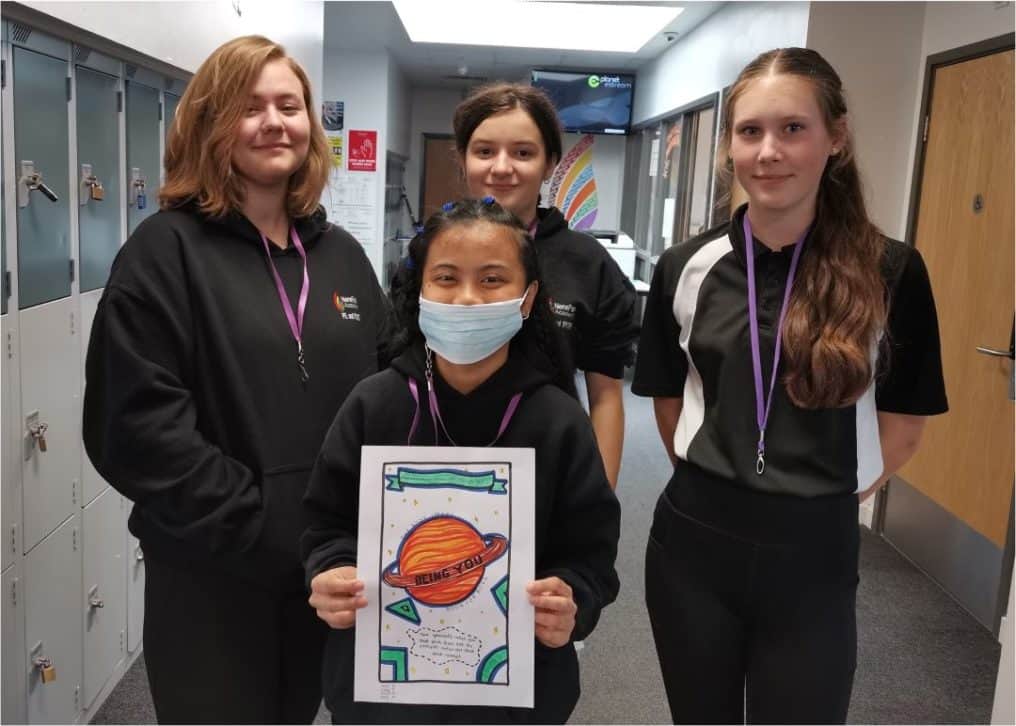Background
A powerful way of positively impacting workplace culture is to engage with those in our local communities. Engaging with communities through education is an important part of the culture at Cambridge University Press & Assessment and a mission they share with the University of Cambridge: to contribute to society through the pursuit of education, learning and research at the highest levels of excellence. The proportion of the world’s youth not in education, employment, or training is at its highest level since 2005, and an accessible work experience programme is an effective way to help young people gain the skills they need to access the workplace. It educates them about industries they may not know about; develops confidence, transferable skills and workplace experience; and helps to clarify the link between curriculum and careers. Between 2017 and 2020, Cambridge University Press & Assessment provided 98 UK placements but the pandemic made this extremely challenging. Unable to commit to the usual ‘in-person’ placements, an effective new approach needed to be delivered.
Approach
The organisation engaged with two partners, Form the Future and Speakers for Schools, to deliver virtual work experience and an alternative way of engaging young people. These partners act as connectors between business and schools, either locally or nationally within the UK.
The aim was to make the experience as close as possible to an in-person placement, while reaching many more students from a much wider geographical area, particularly those who might not otherwise have had the opportunity to learn about the publishing, assessment and higher education sector. By increasing awareness and access, it would give participants more confidence to stay in touch, ask advice and enquire about future opportunities. As with an in-person placement, students were introduced to a diverse range of people, hearing first-hand about their routes into employment and having the opportunity to work on typical, real-world tasks, including designing book covers, creating social media campaigns and writing radio adverts. They were given the necessary resources to work on tasks in groups; presented their work back and received feedback on it.
In developing and implementing this new approach, the Press & Assessment employees involved needed to think creatively and work closely with their external partners. This advanced innovation and collaboration, which are two of the organisation’s values and important aspects of its culture. The work also required them to be involved much more deeply with the community, which in turn encouraged others to volunteer for similar projects. 24 colleagues from a wide range of areas, including publishing, content management, market research and design, delivered the work experience, including apprentices and former apprentices.
Outcome
Quantitative results: Over 500 students aged between 13 and 17 in two schools, had direct, interactive involvement with real-world tasks. They were from locations which would have made any kind of ‘in-person’ experience highly unlikely.
Qualitative results: Publishing is traditionally considered ‘difficult to get into’ partly because many publishers are based in the south and in-person access would be challenging for many young people in different parts of the country. The virtual experience meant that there were no barriers to involvement; so many more students had interactive experience of the work than would have been possible with ‘in-person’ placements. The quality of work produced in a short time was high and students were clearly engaged. Teachers and colleagues were impressed at their creativity and enthusiasm. The programme actively supports UN Sustainable Development Goal 8.6, to substantially reduce the proportion of youth not in employment, education or training. It aligns with the UK Department of Work and Pensions programme to improve the skills pipeline and level up training and work preparedness, so that young people in every part of the country are prepared with the knowledge, skills, and qualifications they need to enter the workplace.
Stakeholder benefits: There were benefits for all stakeholders: students, teachers, colleagues, authors and partners. Students gained direct, interactive experience of work and teachers an insight into areas of work they might not have any knowledge of. Press & Assessment employees had a chance to represent the organisation and champion its educational mission; enjoying the satisfaction of ‘giving back’ to the community. The author Charlotte Markey was thrilled about the work students did based on her book, The Body Image Book for Girls, and even recorded a message for the students. Partners Form the Future and Speakers for Schools were helped to achieve their goals, to bring the widest possible opportunities to young people in the schools they serve.
Strategic benefits: The project has helped advance Cambridge University Press & Assessment’s workplace culture; demonstrated commitment to supporting young people: promoted the organisation as an employer of choice and highlighted some of the exciting work that is happening company wide. It helped to celebrate the importance of providing opportunities and to continue to support UN Sustainable Development Goal 8.
Following the initial work, another session has been run with Speakers for Schools about roles in technology, with more than 1,300 students participating. Virtual work experience is also being considered for schools served by the company’s international offices.
Read Cambridge University Press & Assessment’s Integrations & Mergers case study

